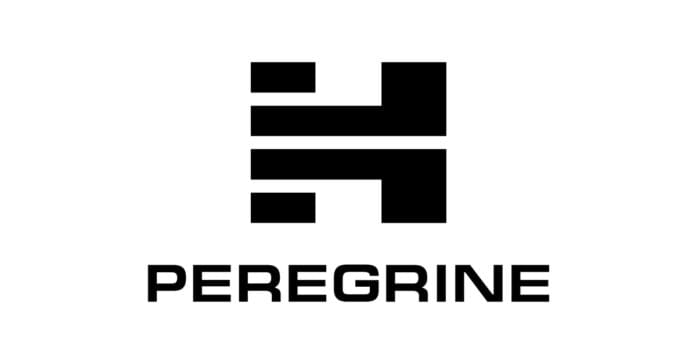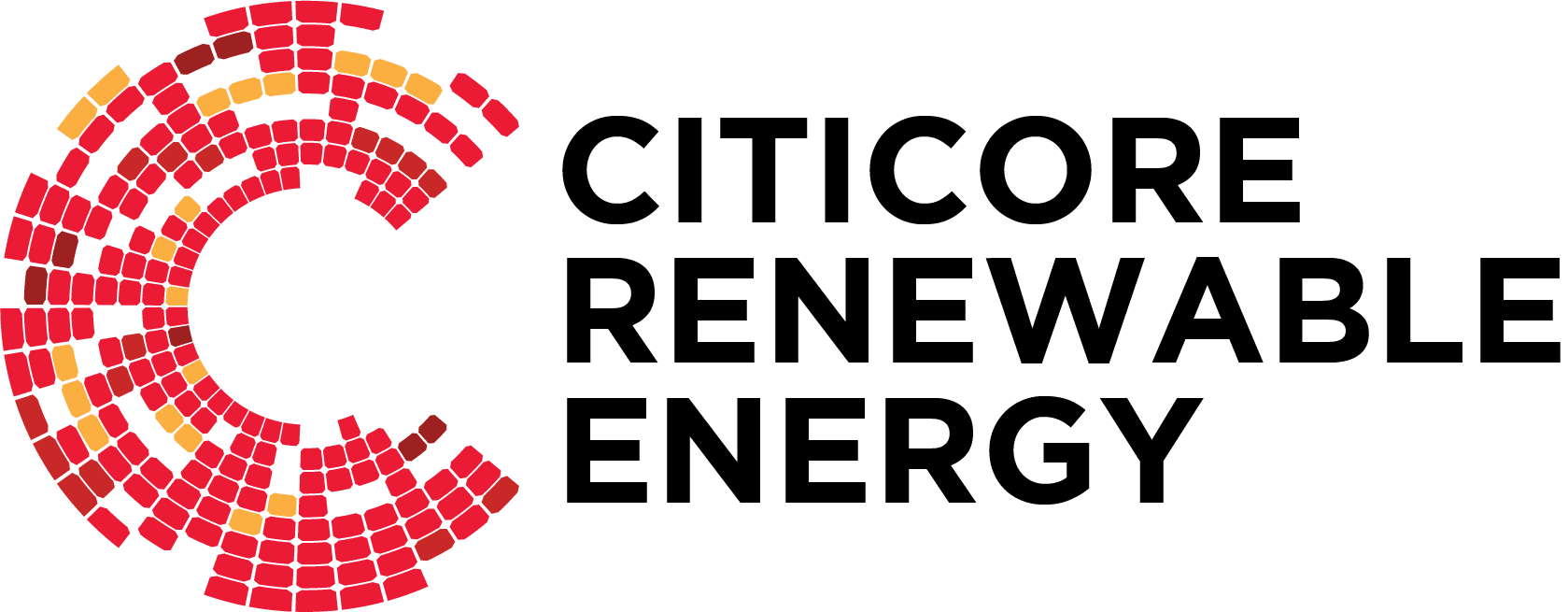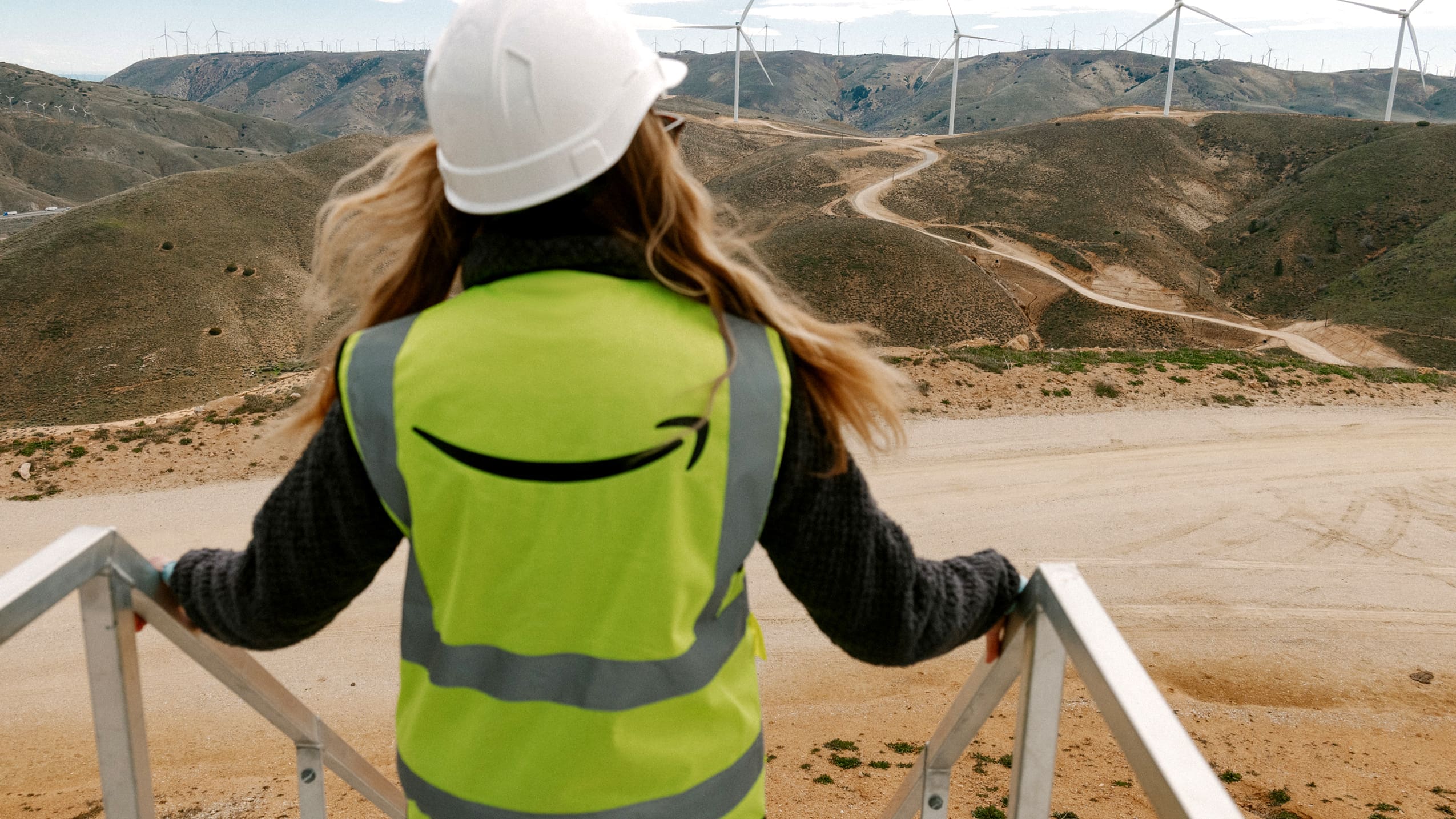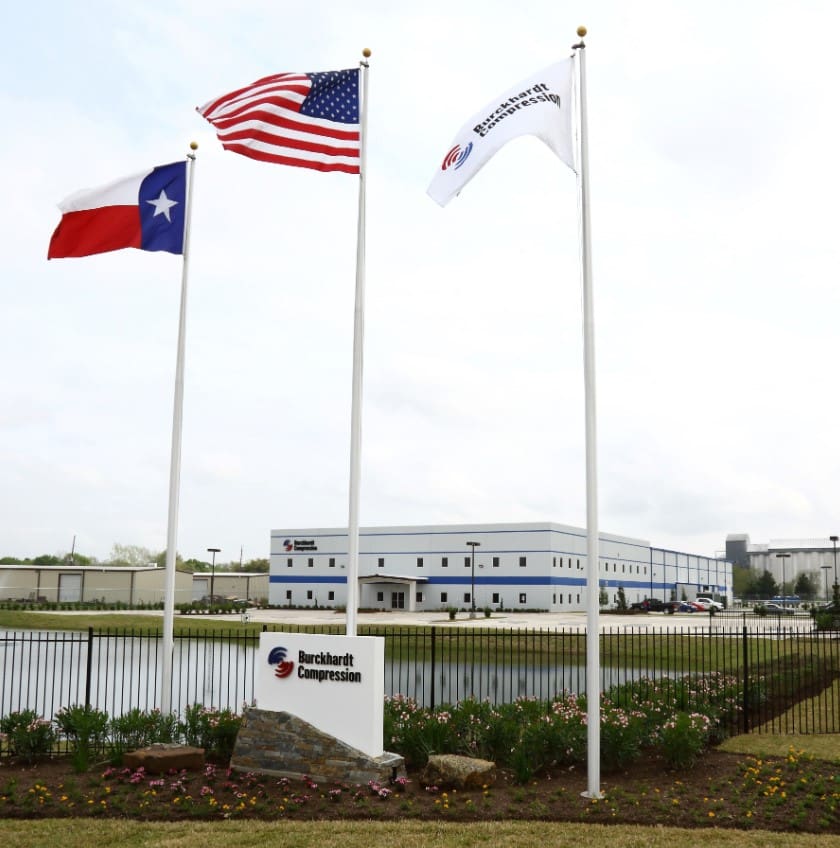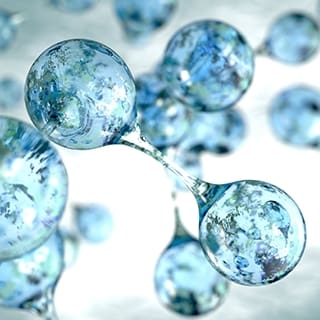Peregrine Hydrogen Inc, a climate technology company pioneering a dual production method for green hydrogen and valuable chemicals, announced an oversubscribed US$7.8 million seed financing round. The round is led by Bidra with participation from Builders, Gates Frontier, Presidio Ventures, RiSC Capital, and Schox. Peregrine will use the funds to refine and scale-up its proprietary technology and expand into commodity chemical markets.
Hydrogen is used to produce commodities that directly address the basic needs of human society, including fertilizer, plastics, and other critical products. Today, hydrogen is produced from fossil fuels, primarily through the methods of steam methane reforming (SMR) and coal gasification. Although these are generally low-cost processes, they release almost 1 billion tons (0.9 billion tonnes) of carbon dioxide (CO2) each year, or 2% of global CO2 emissions.
Peregrine, which spun out of the climate technology incubator Orca Sciences in June 2023, is developing a novel electrolyzer technology to produce clean hydrogen at cost parity with today’s SMR pathway. Peregrine’s technology leverages proprietary chemical engineering advances and strategic integration methods to pursue commercial opportunities at scale.
“The world’s hydrogen is already being co-produced, but rarely in beneficial ways,” said Friðrik Lárusson, cofounder and chief executive officer of Peregrine Hydrogen. “SMR produces dirty CO2 with hydrogen. Conventional water electrolysis produces hydrogen and a less valuable stream of oxygen. Peregrine’s technology co-produces clean hydrogen and valuable commodity chemicals at or below prices previously only achieved by using dirty production methods based on fossil fuels. We are grateful to our investors for joining us in this mission as we scale our technology across the large markets which can benefit from our unique approach.”
Decarbonization efforts in historically difficult-to-abate sectors could benefit from Peregrine’s technology. To start, Peregrine will target fertilizer applications, which are responsible for feeding roughly 50% of humanity. Peregrine’s co-production technology not only decarbonizes the hydrogen for ammonia production but also simplifies supply chains and provides additional strategic advantages for fertilizer producers.
“Green hydrogen production technology has been around for 100+ years but we’ve lacked the innovation to compete with pollutive, fossil-based production methods,” said Amar Singh, head of Bidra. “Peregrine’s unique vision to produce hydrogen together with other critical chemical feedstocks will reduce the cost and complexity, thus making it scalable globally, particularly in countries like Morocco with unique advantages that enable low-cost production of hydrogen. Peregrine is a perfect fit for what we want to achieve.”
“The world isn’t willing to pay more for clean hydrogen. That’s why we are developing the Peregrine co-production process; it makes energetic and financial sense today, without a need for subsidies,” said Matt Shaner, cofounder and chief technology officer of Peregrine.



